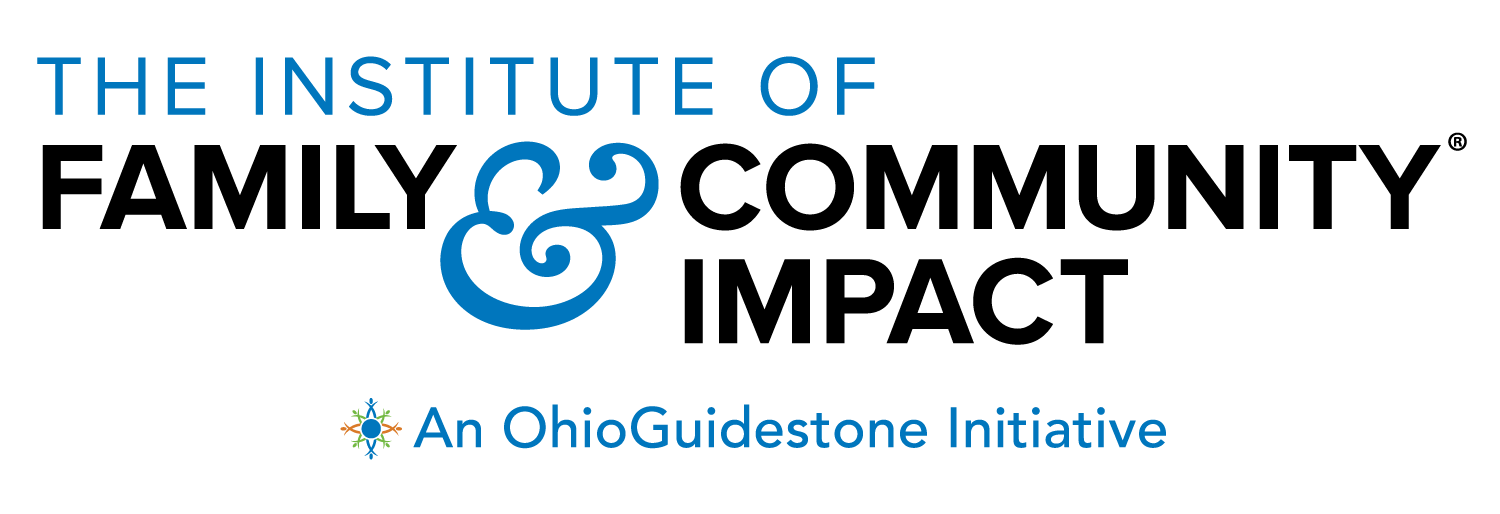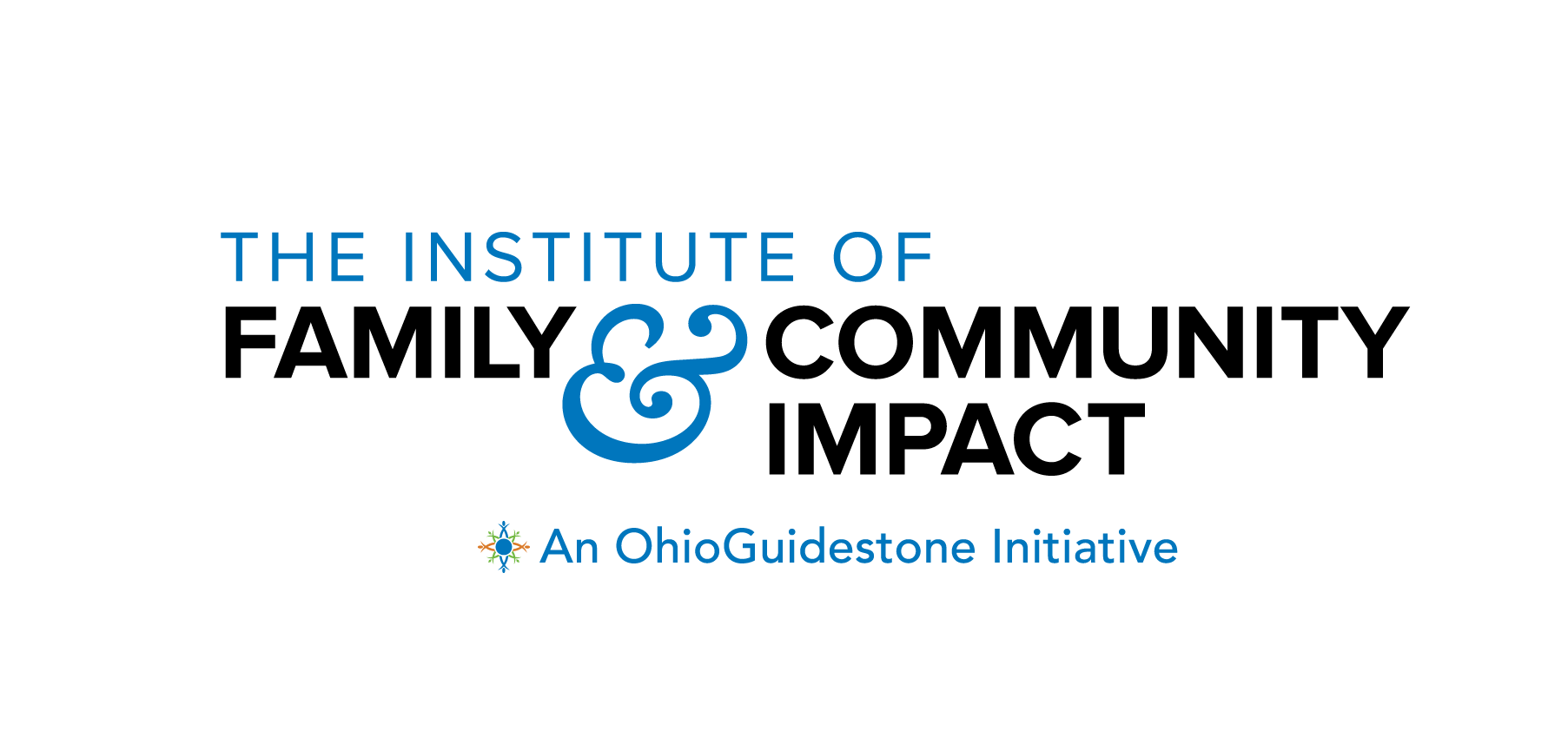
How-To Spot an Endocrine Disrupting Chemical & 6 to Avoid
Table of Contents
Empowering Families and Communities One Initiative at a time:
The Institute of Family and Community Impact, an OhioGuidestone initiative strives to create a society where children experience limited adverse childhood experiences (ACEs) and increased benevolent experiences. Through our Early Childhood Safety Initiative (ECSI), which is carried out in partnership with Ohio Children’s Trust Fund (OCTF) we are committed to improving early childhood safety by empowering families and communities. Positive adult connections are essential to building benevolent childhood experiences, and parents are better equipped to build them when they have the resources and information they need. One of the ways we empower the members of our community is by providing accessible and relevant information that impacts their day-to-day.
The Early Childhood Safety Initiative’s Kinky Curly Kids blog is here to support families by addressing the presence of neuroendocrine disrupting chemicals in Kinky Curly Kids products. In today’s blog post, we will explore what endocrine disrupting chemicals are and how you and your loved ones can do your best to avoid them. Wondering if we have a list for you to keep in mind? In each of our Kinky Curly Kids blog posts you will find information on 6 of the most common endocrine disrupting chemicals found in products marketed toward Kinky Curly Kids!
First, What Even is the Endocrine System and Why does it Matter?
The endocrine system in our bodies is responsible for producing and releasing hormones to regulate a range of our day-to-day bodily functions through a network of glands and organs. These hormones in our bodies act as messengers, traveling through our bloodstreams to target organs and tissues, instructing them on how to function properly!
From regulating metabolism and growth to influencing our moods and emotions, the endocrine system plays an integral role in maintaining our overall health and wellbeing.
What are Endocrine Disrupting Chemicals (EDCs)?

Endocrine disrupting chemicals (EDCs) are substances that can disrupt the normal functioning of the endocrine system in our bodies. EDCs can imitate, interfere with, or even block hormones. Hormones that become obstructed or disrupted by EDCs can lead to a variety of health issues including reproductive disorders, developmental abnormalities, and cancer.
EDCs are found in many everyday products such as plastics, pesticides, and personal care items like those used by kids with kinky and curly hair! Educating ourselves about endocrine disrupting chemicals (like you are right now!) is the first step to reducing our exposure. You can practice protection from EDCs when possible by avoiding or reducing use of products with toxic hair chemicals.
Six Common Endocrine Disrupting Chemicals:
- Methylparaben: This paraben is often found in products marketed toward Black women and children. Research suggests that it can alter hormone levels, specifically in pregnant women.
- Formaldehyde: A substantial amount of research has linked this chemical to cancer and organ toxicity.
- Triclosan: Triclosan has been linked to endocrine toxicity, when a chemical negatively affects hormones necessary for healthy development.
- Octinoxate: This chemical can mimic estrogen and contribute to a decrease in necessary thyroid hormones, in turn impacting thyroid functioning.
- Fragrance (Parfum): May contain phthalates, which are detrimental to our reproductive, neurological, and developmental systems.
- Diethyl Phthalate (DEP): This endocrine disruptor was found most frequently in a study that analyzed hair products marketed to and used by Black consumers.
- We understand that avoiding all of these chemicals listed may not be possible, or feasible for each individual, and family. Our Kinky Curly Kids blog posts are informational and serve to best provide quick, and accessible information to families of children with Kinky Curly hair.
By being mindful of these ingredients, you can make informed decisions about the products you use and help reduce you and your family’s exposure to harmful chemicals. Products that include the phrases “phthalate-free” and “paraben-free” can be a great place to start when looking to replace your products with non-toxic ones!
How to Avoid Common Endocrine Disrupting Chemicals:
- Read labels with care.
When it comes to identifying chemicals of concern in your products, the label can be a great starting point. While not every harmful ingredient may be listed, you do want to avoid products that list any of the chemicals explored above to the best of your ability.
- When you can, go with plant-based products.
It’s important to be aware that hair products can contain several chemicals that disrupt hormones, such as parabens, phthalates, and cyclosiloxane. To avoid any potential health risks, consider using products that primarily list plants in the list of ingredients.
We at the Institute understand it may be difficult to keep track of all of the neuroendocrine disrupting chemicals that you should try to avoid. Silent Spring has developed a free mobile app, Detox Me that provides tips and tricks on reducing exposure to harmful chemicals in personal care products and more! Wanting to read and learn more about endocrine disrupting chemicals? Go check out another one of our Kinky Curly Kids blog posts!

Raven Lipford
Raven-Lynn Lipford, B.A. is a first-year Research Analyst at OhioGuidestone working on the Maternal Vitality Study, a research-based therapy protocol developed with Black women for Black women to empower them with strategies to boost their overall health and wellness for themselves and their families. Raven is a recent Honors graduate of Case Western Reserve University Majoring in English Literature and Minoring in Bioethics and Medical Humanities. Raven is extremely passionate about women's health and well-being and hopes to pursue a master's in physician assistant studies in the future. Raven is extremely honored to be working closely with the Maternal Vitality Study this year.


